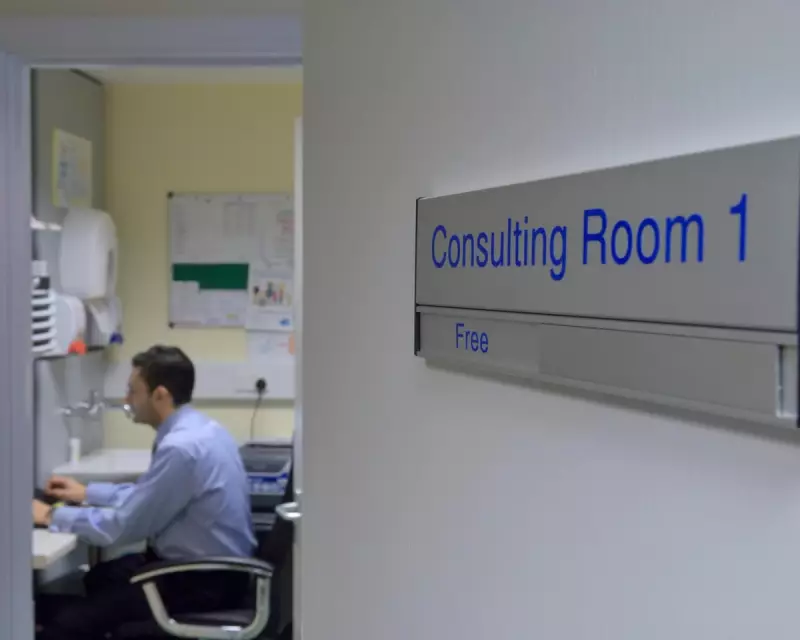
Despite government promises to improve patient access to doctors, the NHS is facing a deepening crisis as thousands of general practitioners dramatically reduce their working hours, with just one in thirteen early career GPs now working full-time.
The Shrinking GP Workforce
Official NHS figures reveal a startling trend: the typical GP now works five hours less per week than they did in 2017. The number of full-time GPs in England has plummeted by a third, with only 7,480 working more than 37.5 hours weekly in September compared to over 11,000 in 2017.
This reduction is particularly pronounced among younger doctors. Fewer than 8% of GPs aged 30-34 now work full-time, a dramatic decrease from 22% in March 2017. Similar declines are evident among 35-40 and 40-44 year olds, suggesting a generational shift in working patterns.
Why Doctors Are Cutting Back
Dozens of GPs have come forward to explain their decisions to reduce hours, with most citing overwhelming job stress as the primary factor.
Yasmin, a 29-year-old Leicestershire GP who works just two clinical days weekly, described the pace as "unsustainable." "When you're always late to leave work, making decisions all day and facing people's constant anger about the service you are offering, it's easy to feel resentful," she explained.
The contractual reduction in hours often masks a different reality. Joe, a 33-year-old Brighton GP also working two days, revealed that "while many GPs are part-time on paper, in reality they are working above their contracted hours." He typically works 11-12 hour days when accounting for paperwork and missed breaks.
Other significant factors include:
- Childcare challenges and qualifying for government childcare offers
- Punitive pension taxation systems encouraging experienced GPs to reduce hours
- Lack of job satisfaction and inability to provide quality care
Paradox of Plenty: Qualified GPs Without Work
In a troubling paradox, while salaried GPs reduce hours, many locum GPs struggle to find work despite patient access problems. Lucy-Jane, a recently qualified GP from Devon, reported that work has "gradually dried up" despite high patient demand.
More than a third of licensed GPs (19,900) were not working in NHS general practice in 2024, up from just 27% in 2015. This represents a significant brain drain from the health service, with female GPs, younger GPs, and those in London and the south-east most likely to be qualified but not working for the NHS.
The situation has become so dire that some practices report trainees emigrating immediately after completing costly NHS training. A Somerset GP partner noted three trainees had moved to Canada, finding the NHS "a hostile work environment."
Impact on Patient Care and System Stability
The reduction in experienced GP hours has profound implications for patient care. A 51-year-old northwest GP warned that "dealing with many co-morbidities in one patient is a major issue" and expressed concern about the "gradual deterioration" of the system as experienced clinicians are replaced by part-time newcomers.
Anne Mellor, a 52-year-old Doncaster GP partner, is planning to quit her "dream job" and retrain, citing reforms that have "reduced the number of available local GP appointments" and forced patients to travel further to see unfamiliar staff.
Despite these challenges, an NHS spokesperson highlighted that "there are millions more general practice appointments for patients than before the pandemic" and noted that nearly 1,300 more doctors were added to general practice in the last year alone.
The total number of GPs has actually increased in recent years, meaning the reduction in total hours worked by qualified permanent GPs amounts to less than 1% overall. However, the distribution of experience and availability continues to create significant access problems for patients across England.






